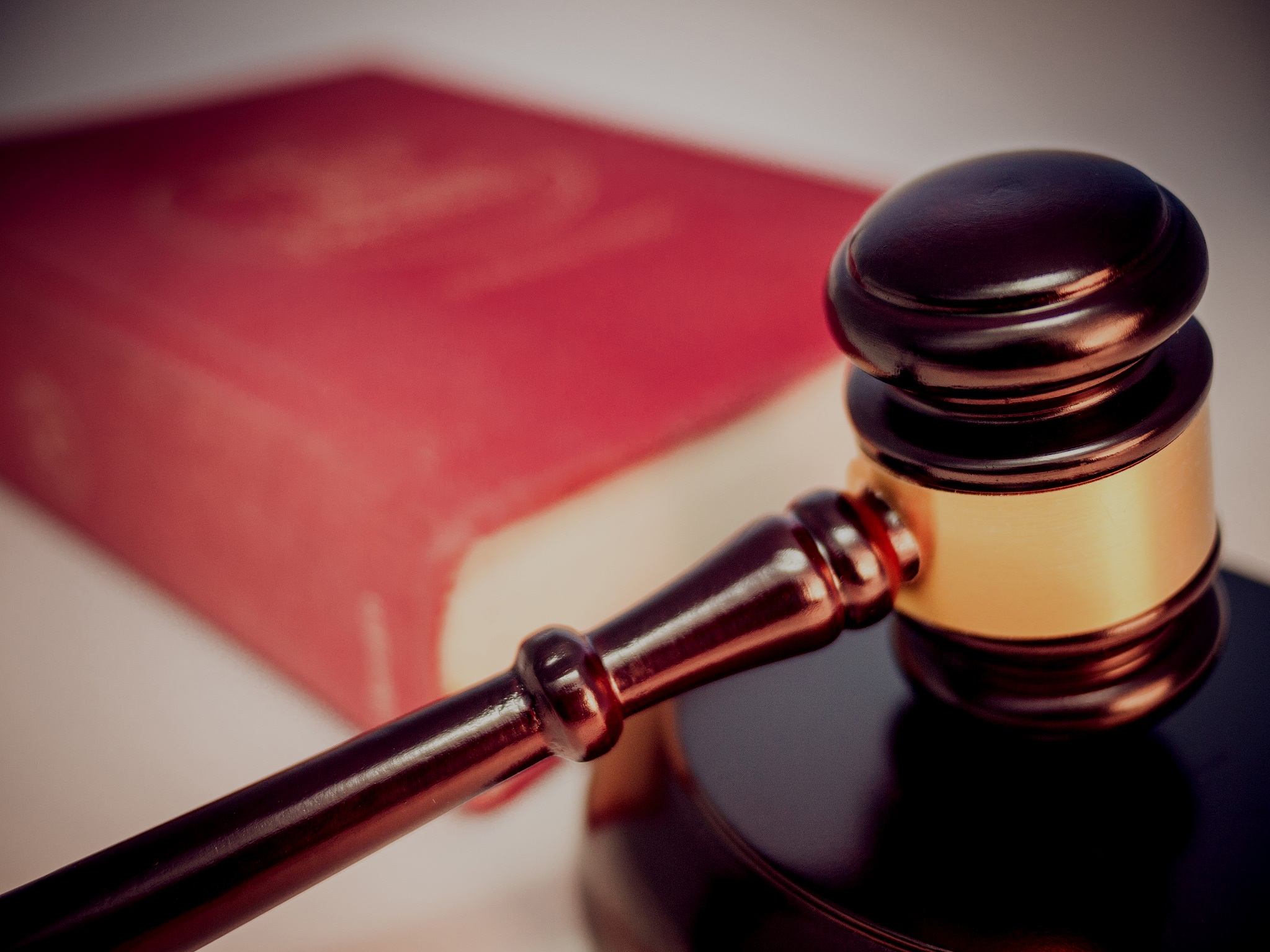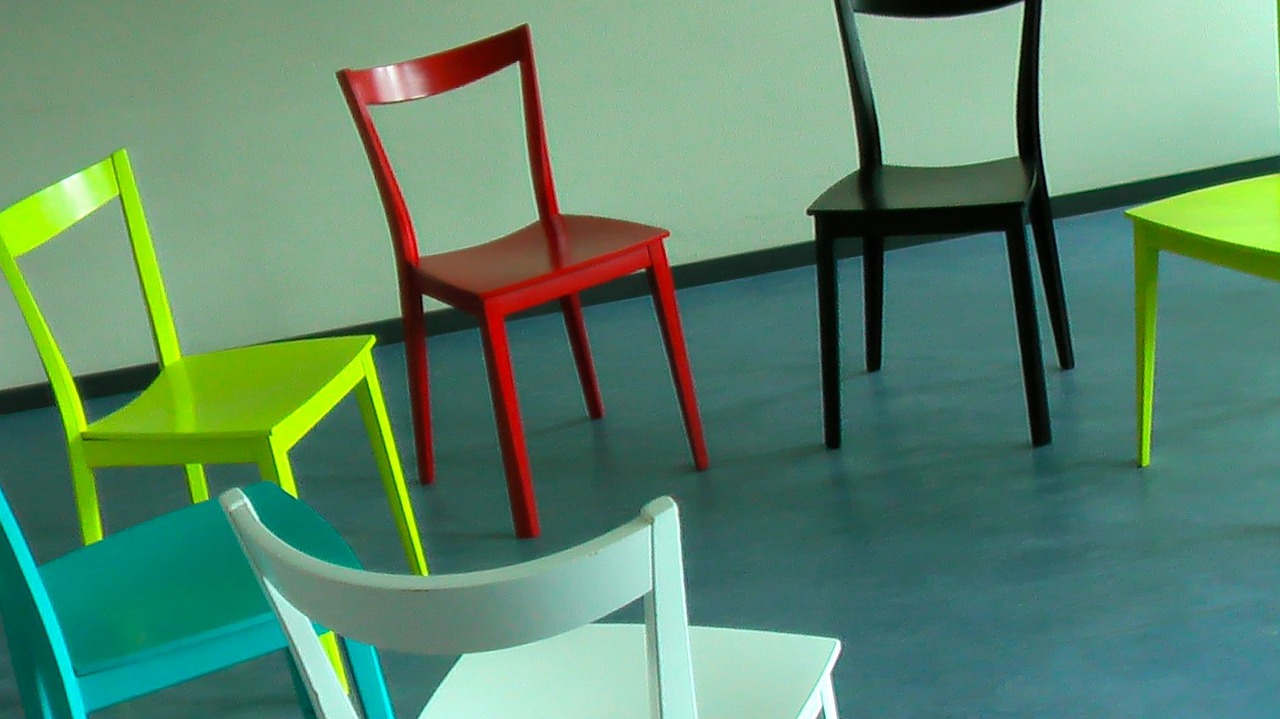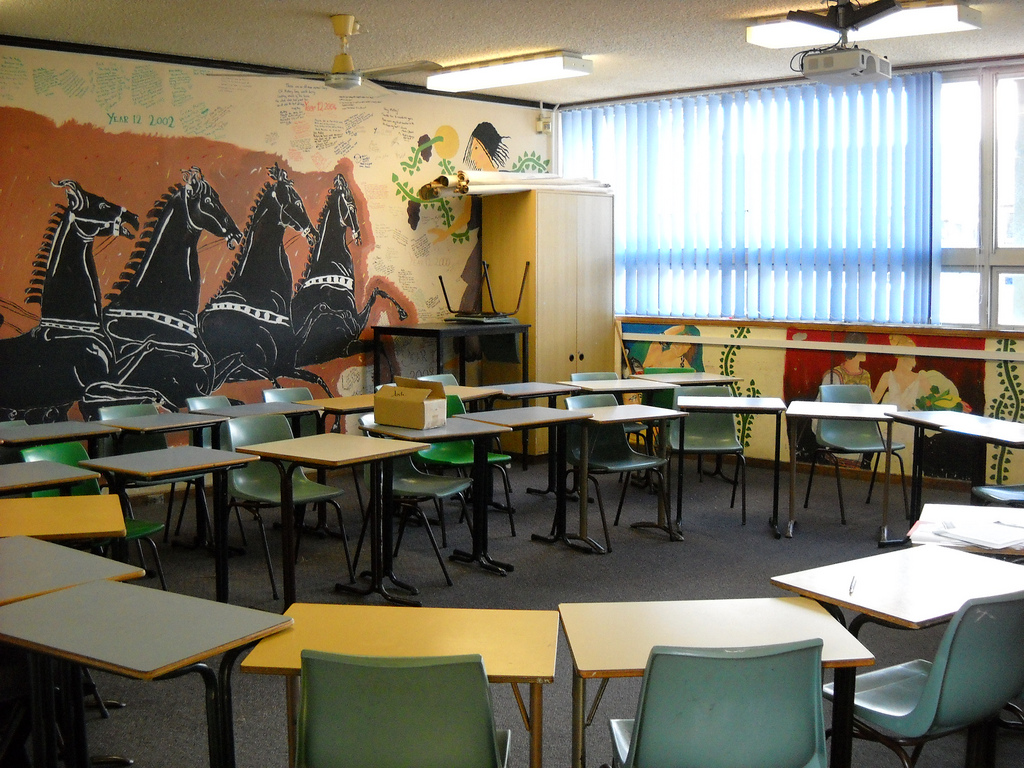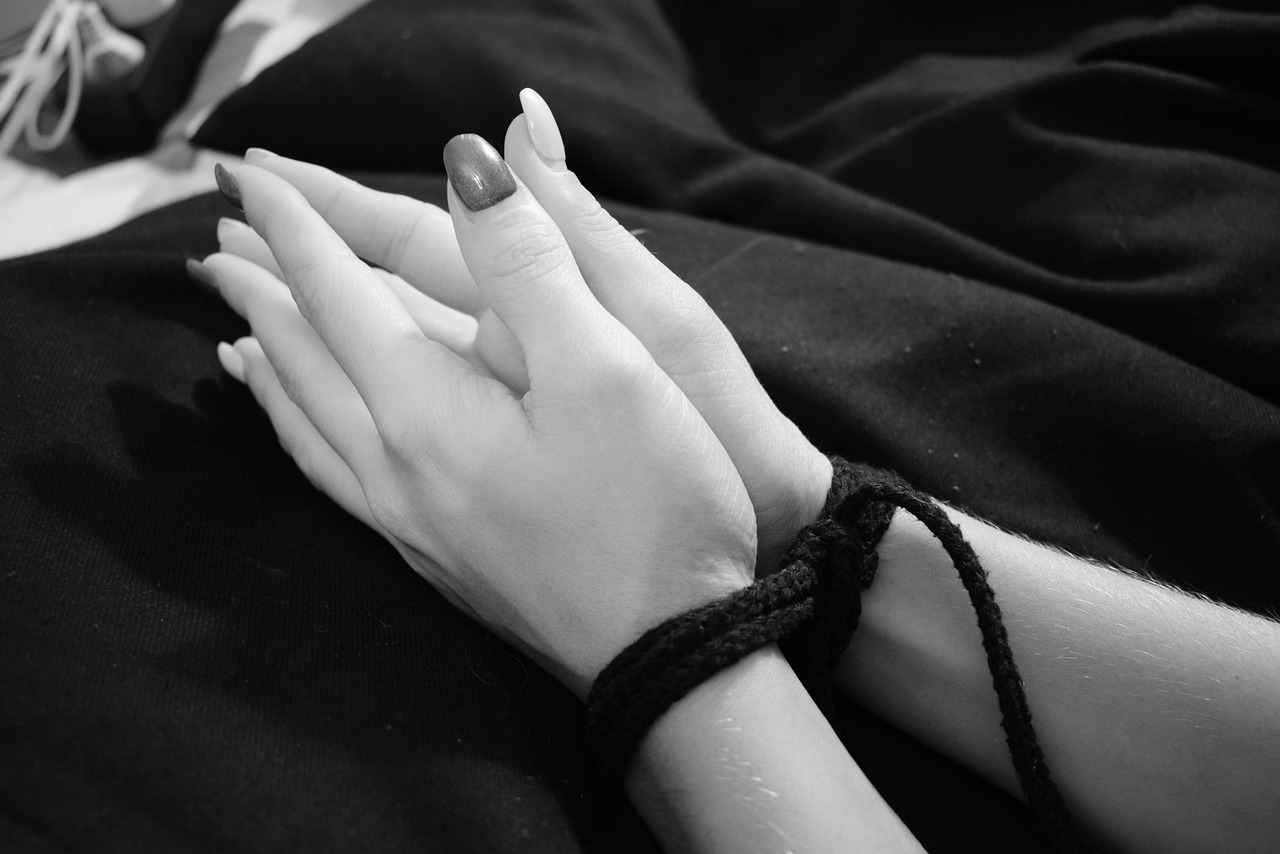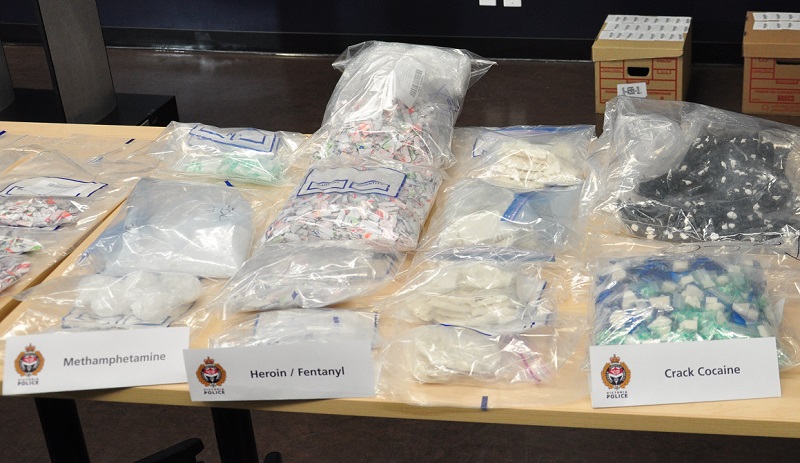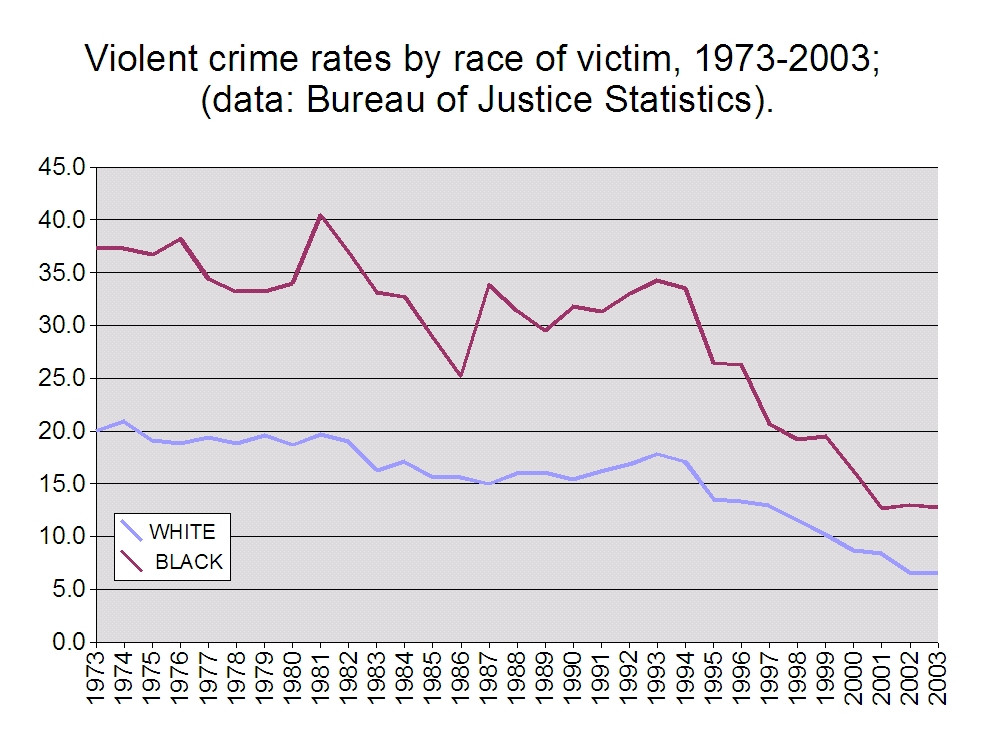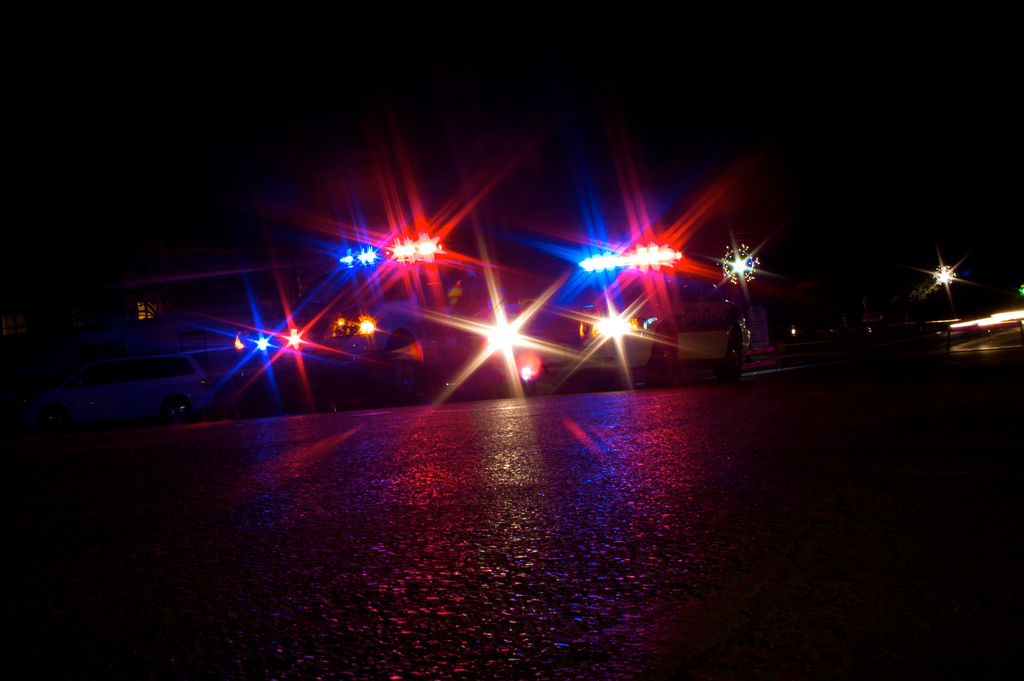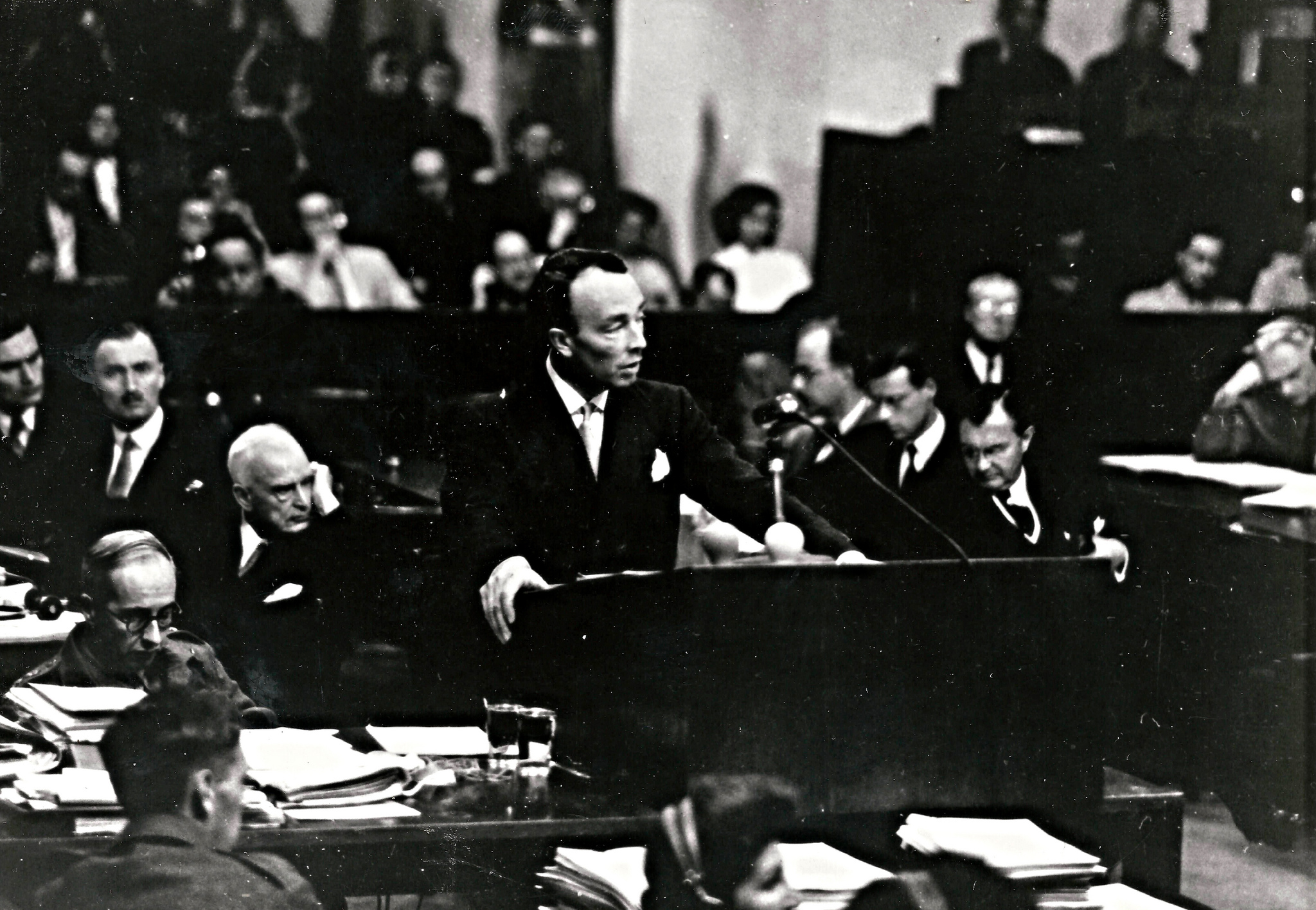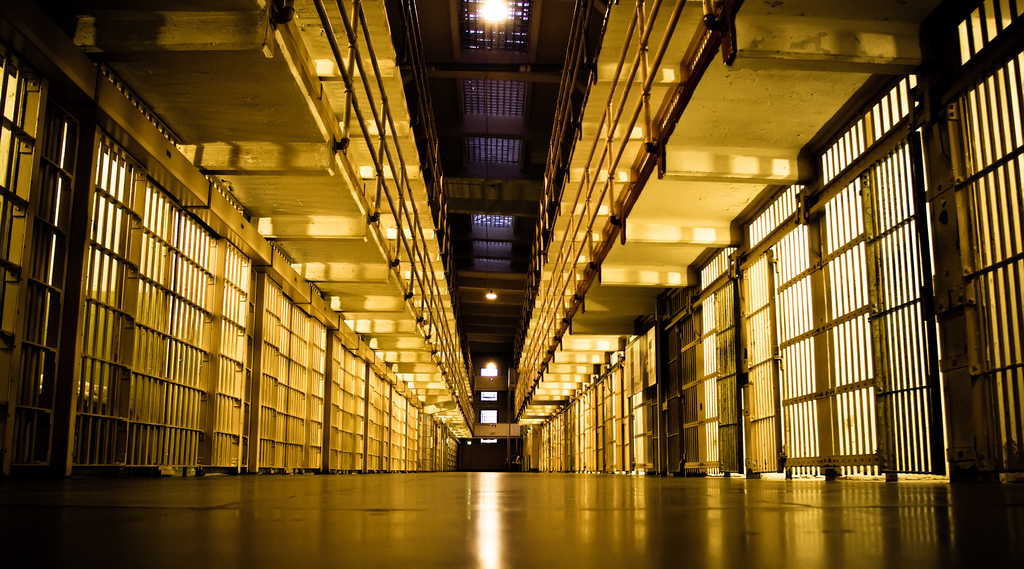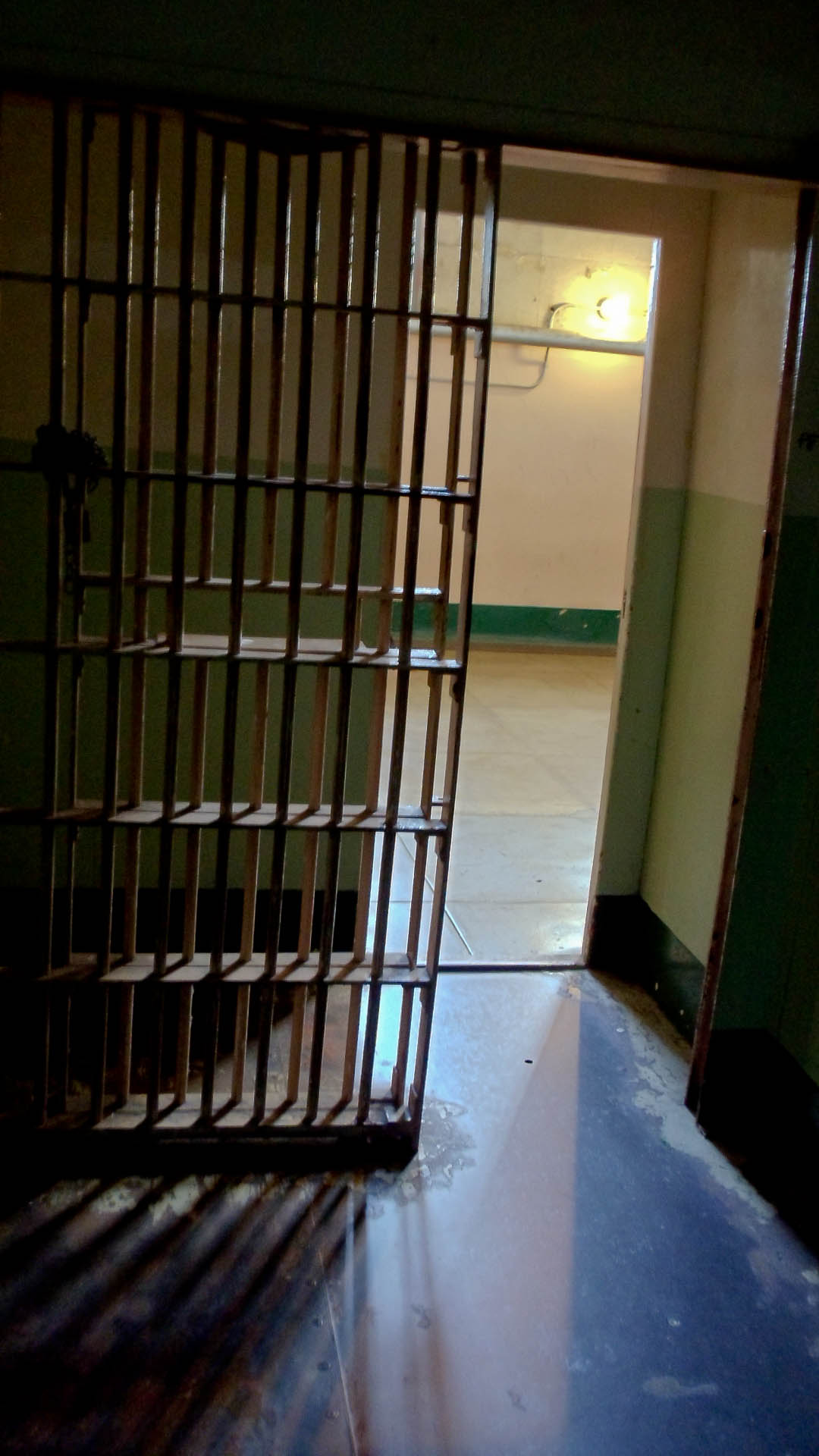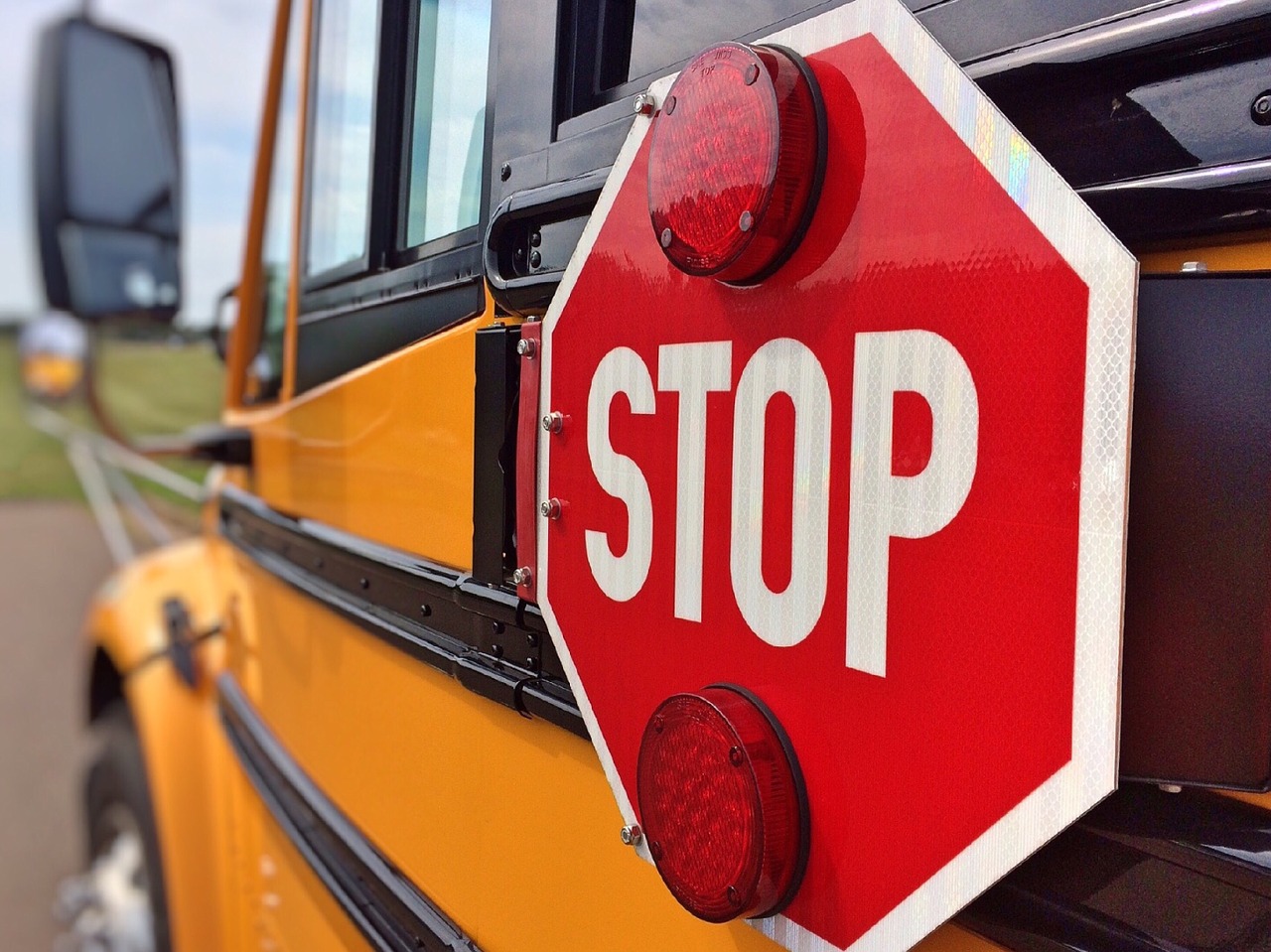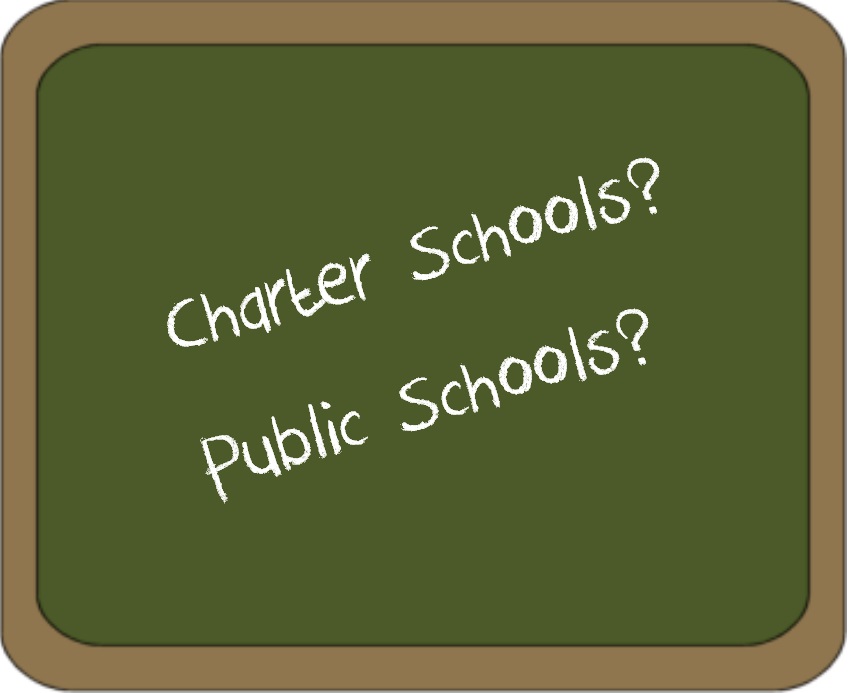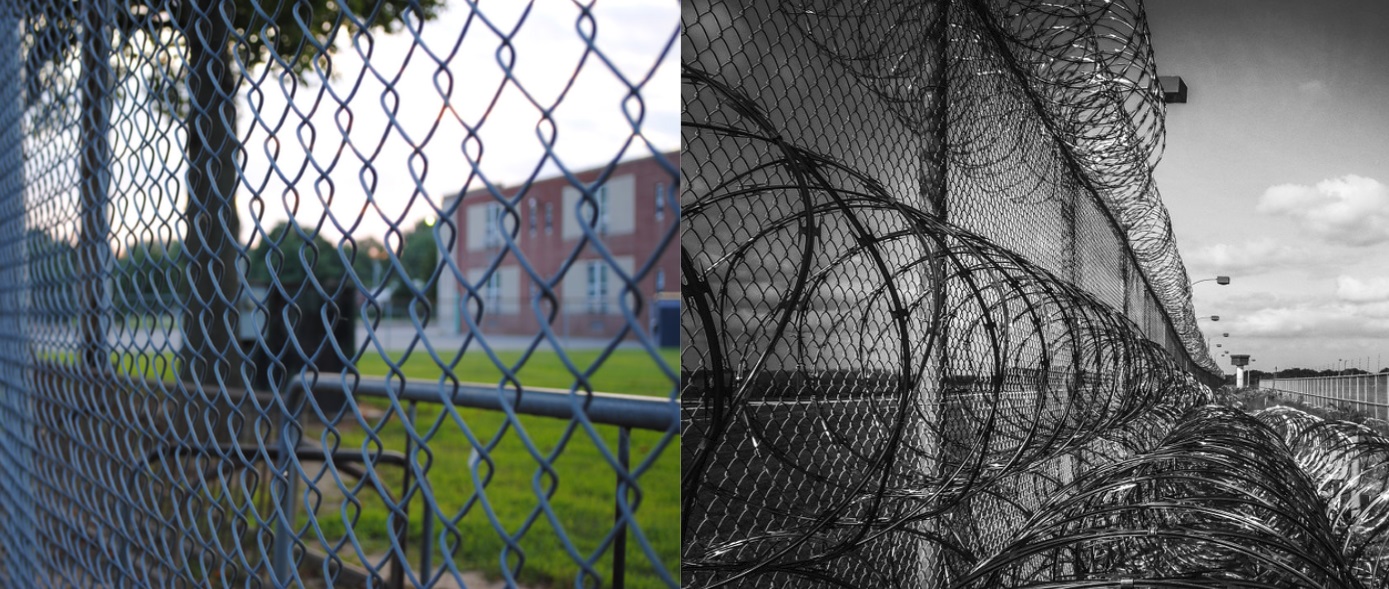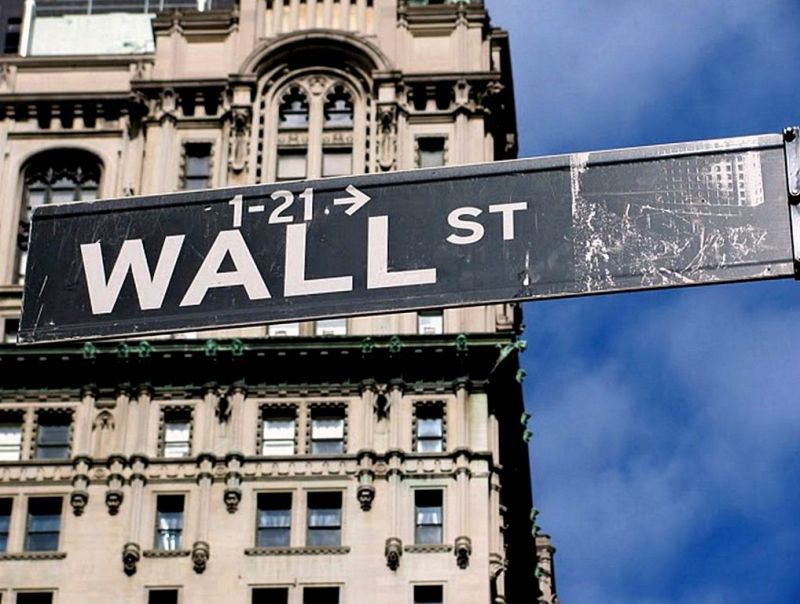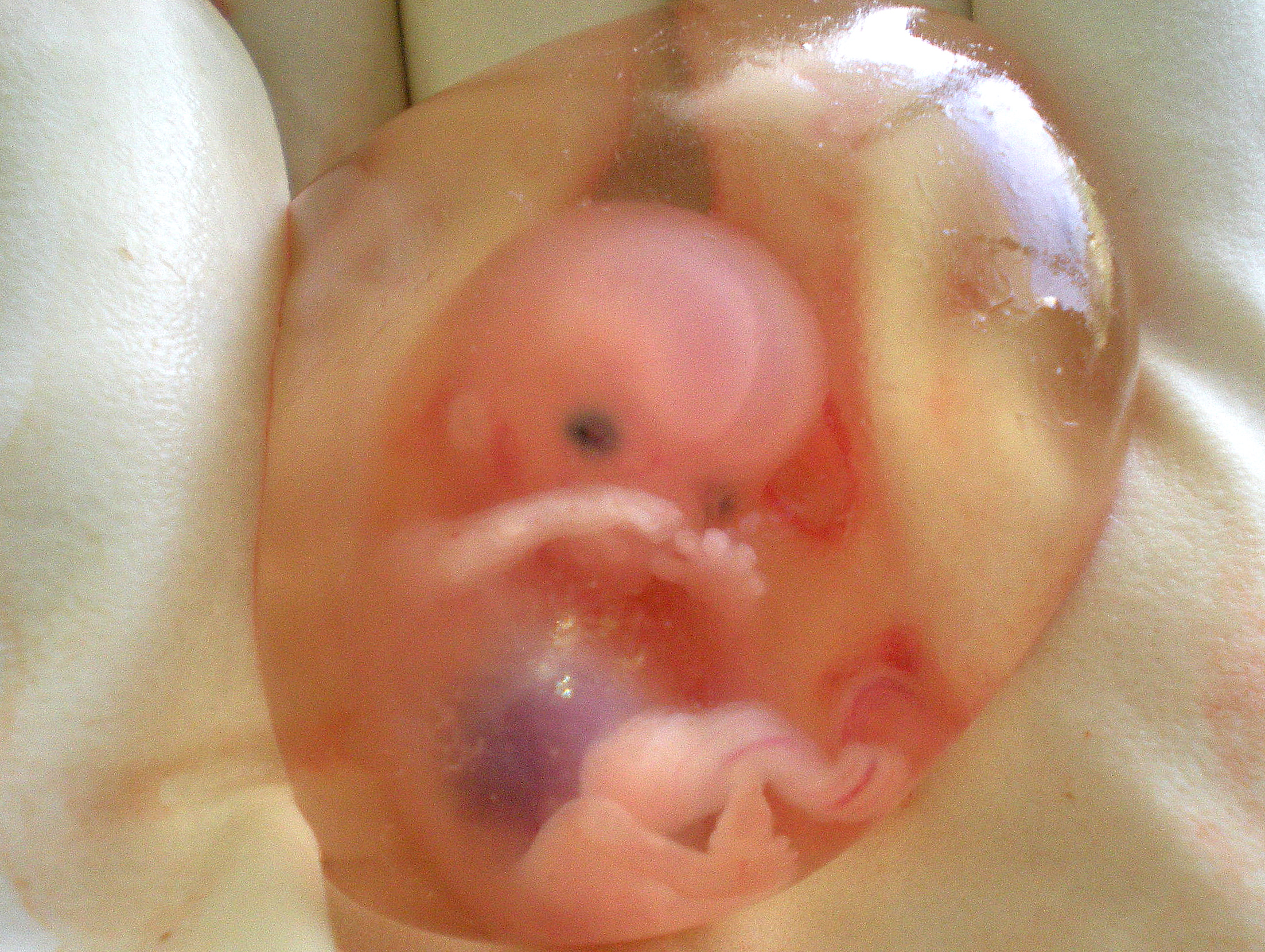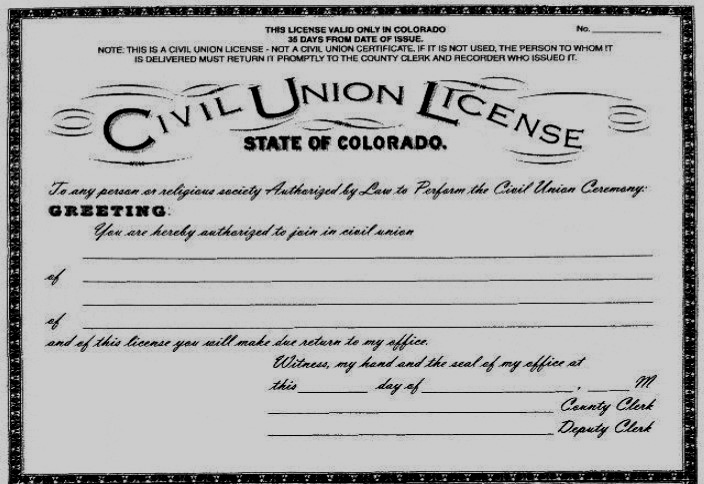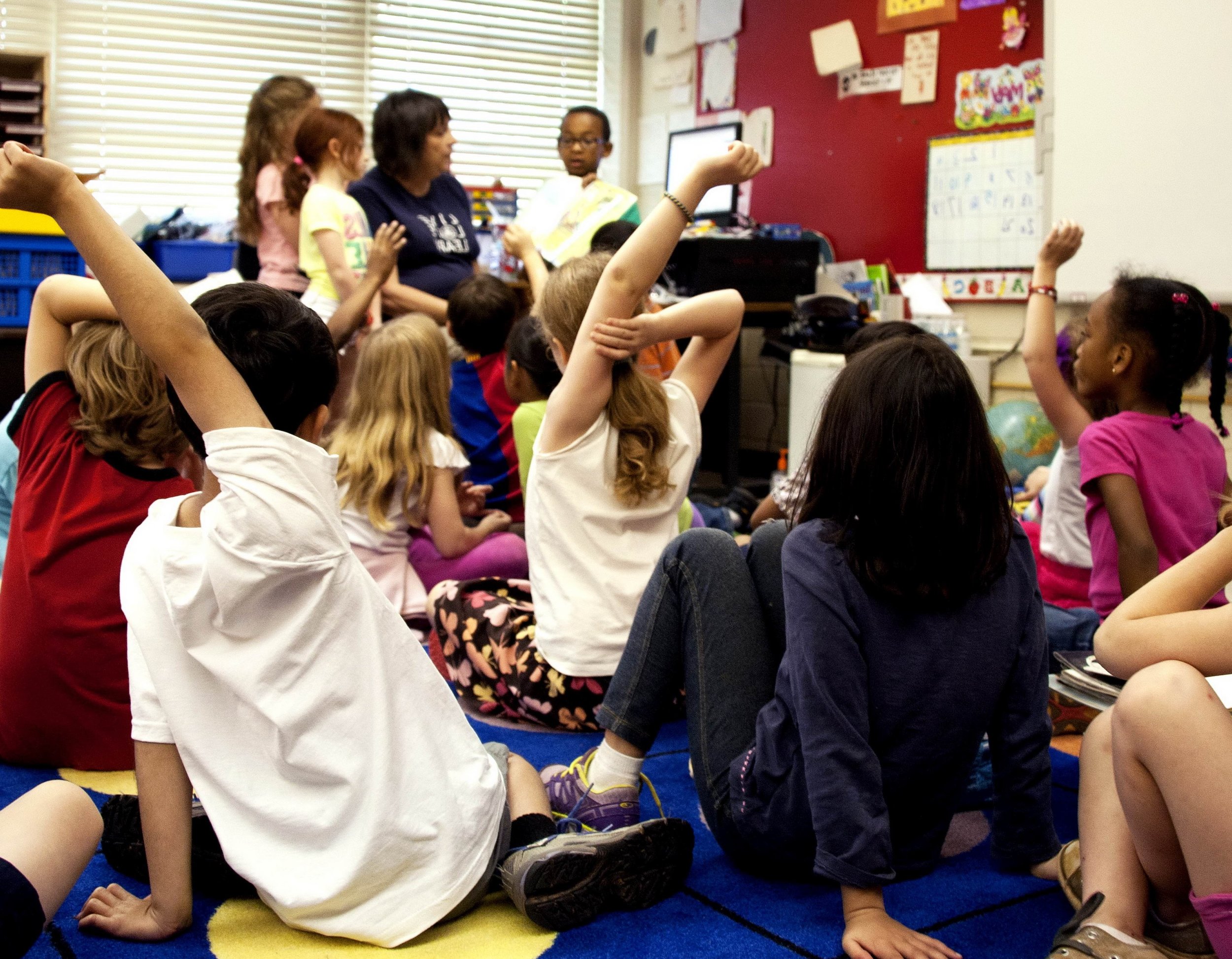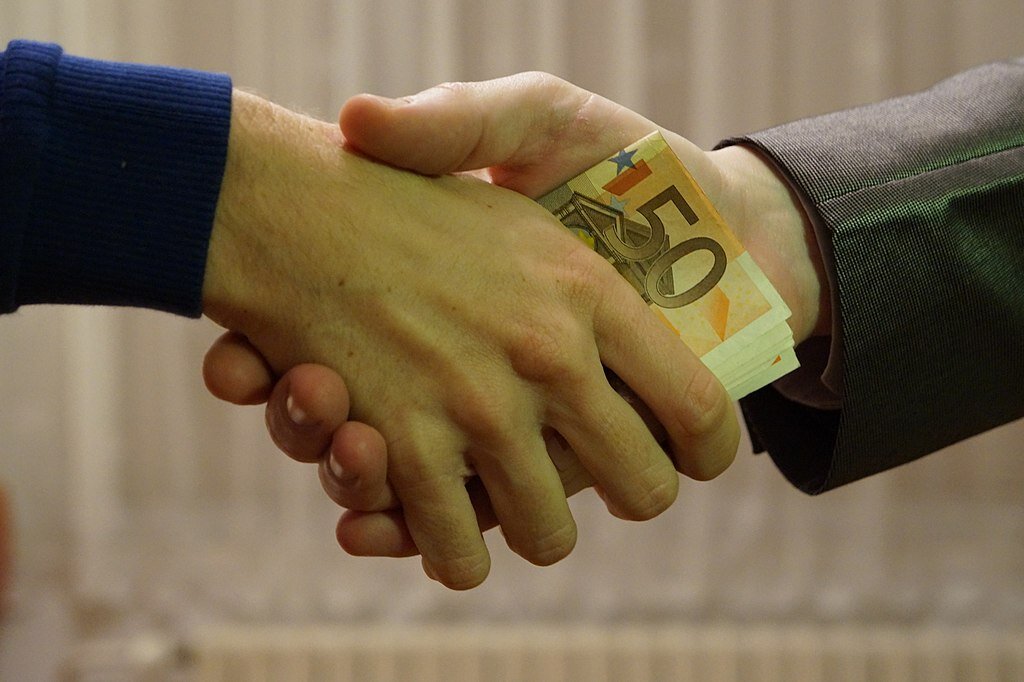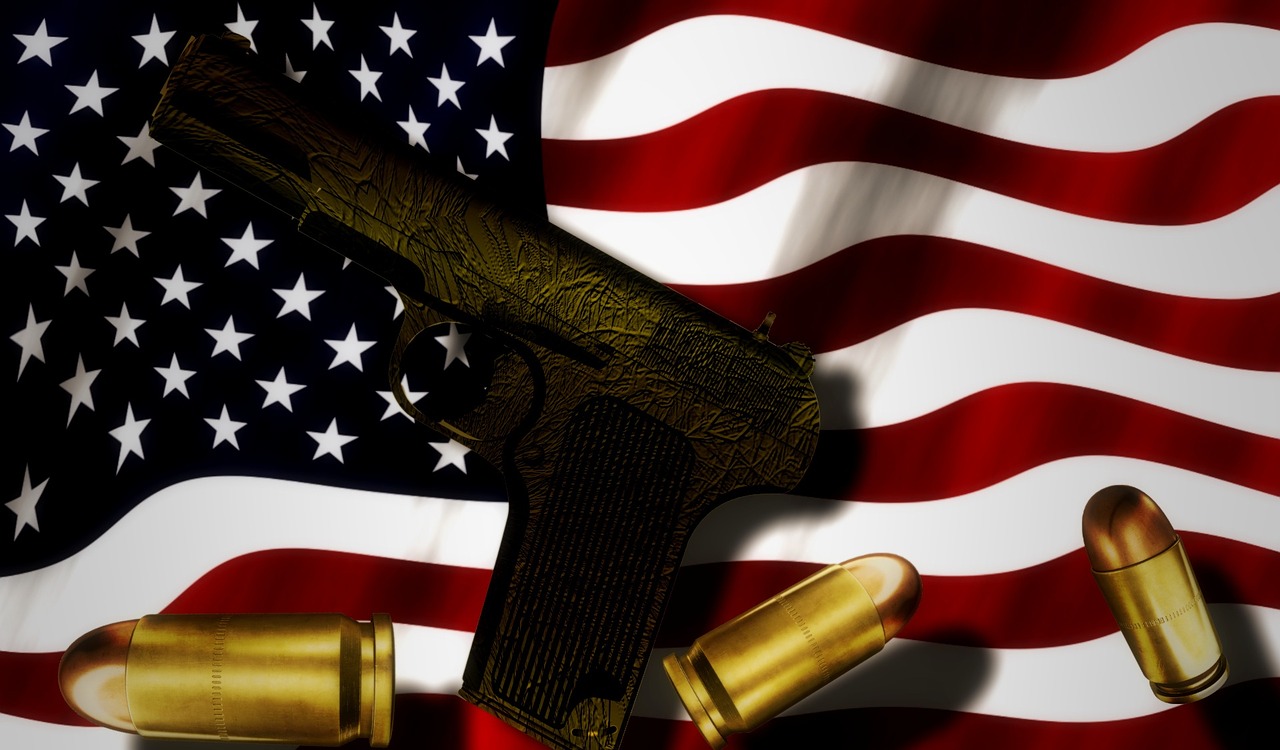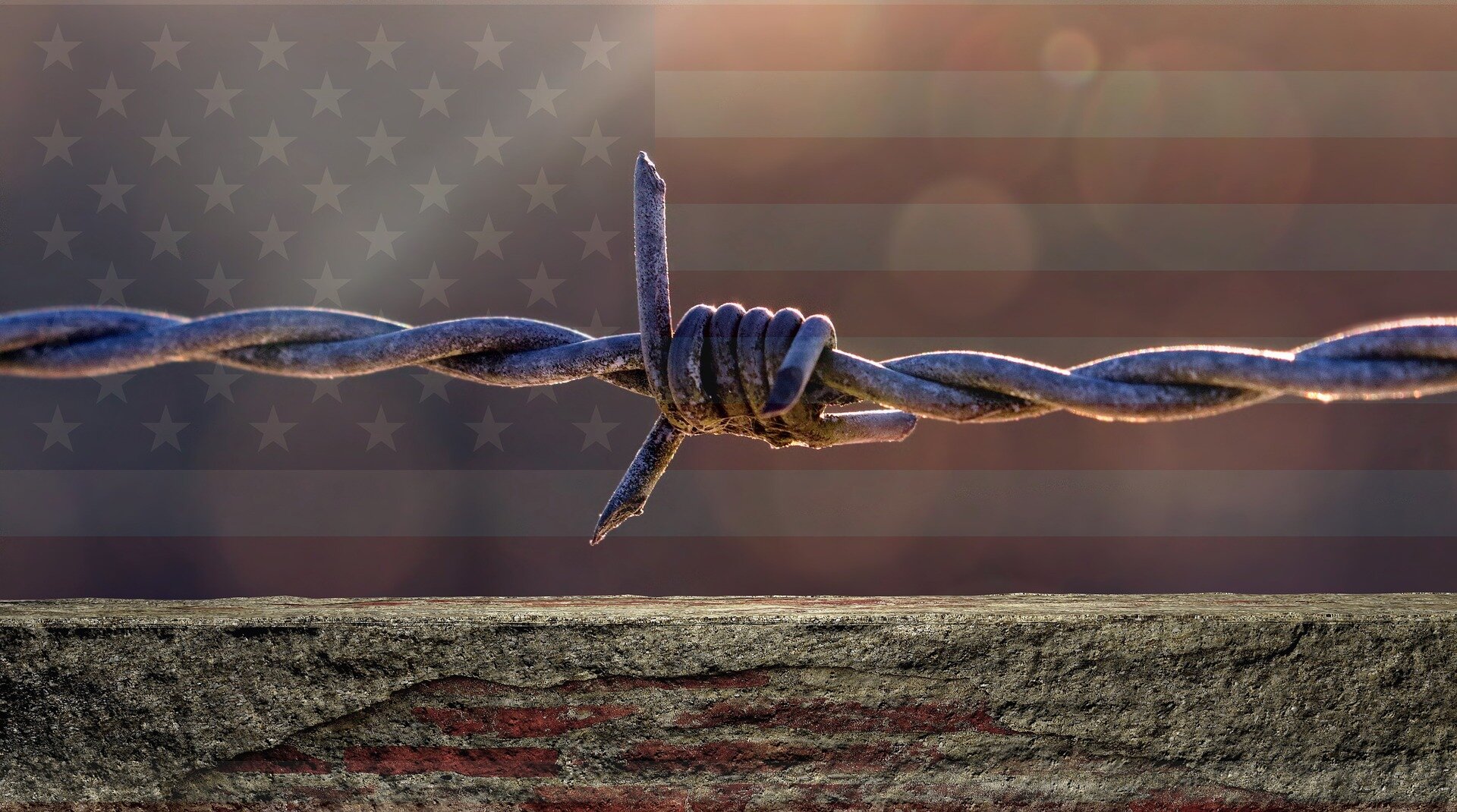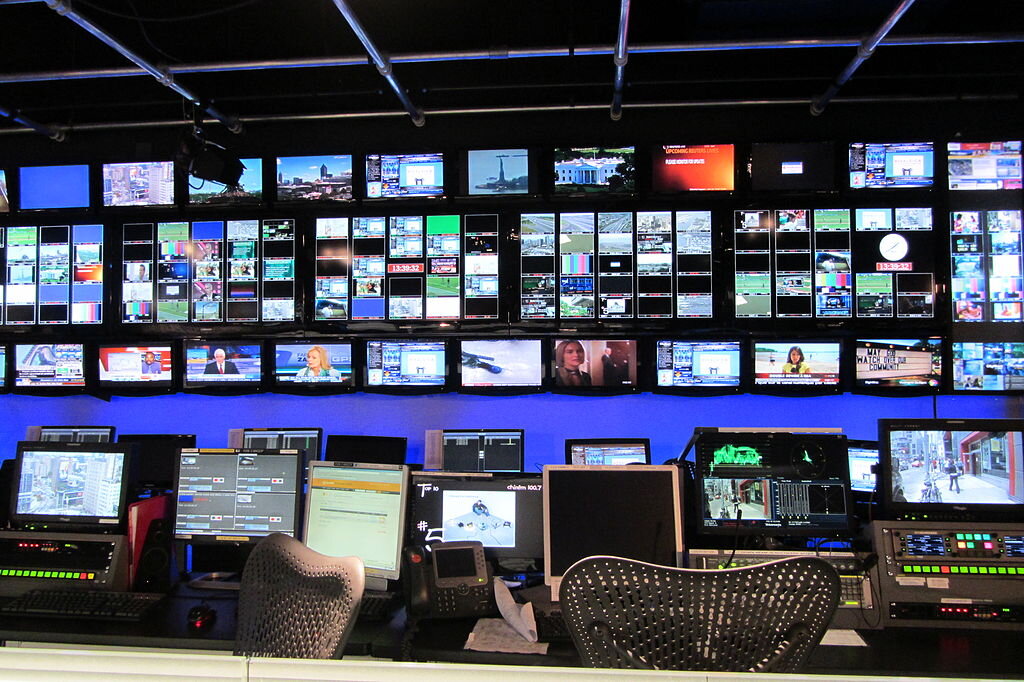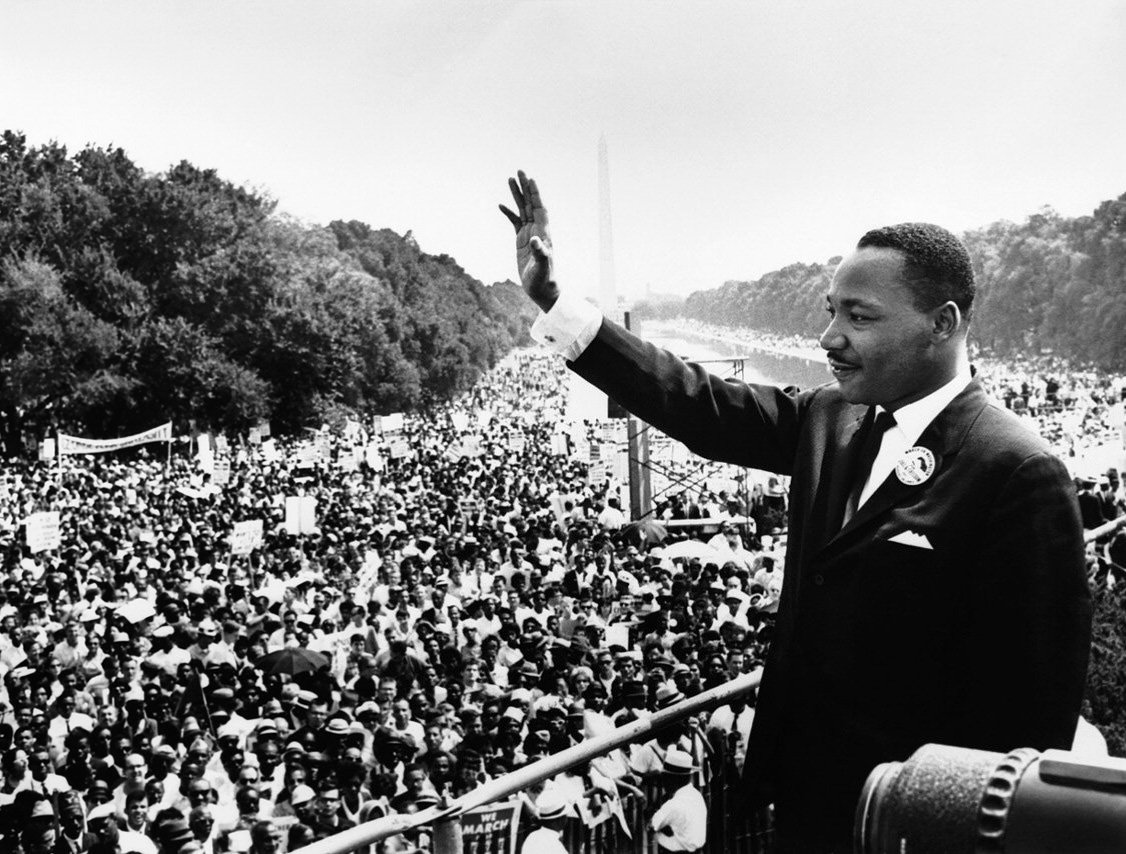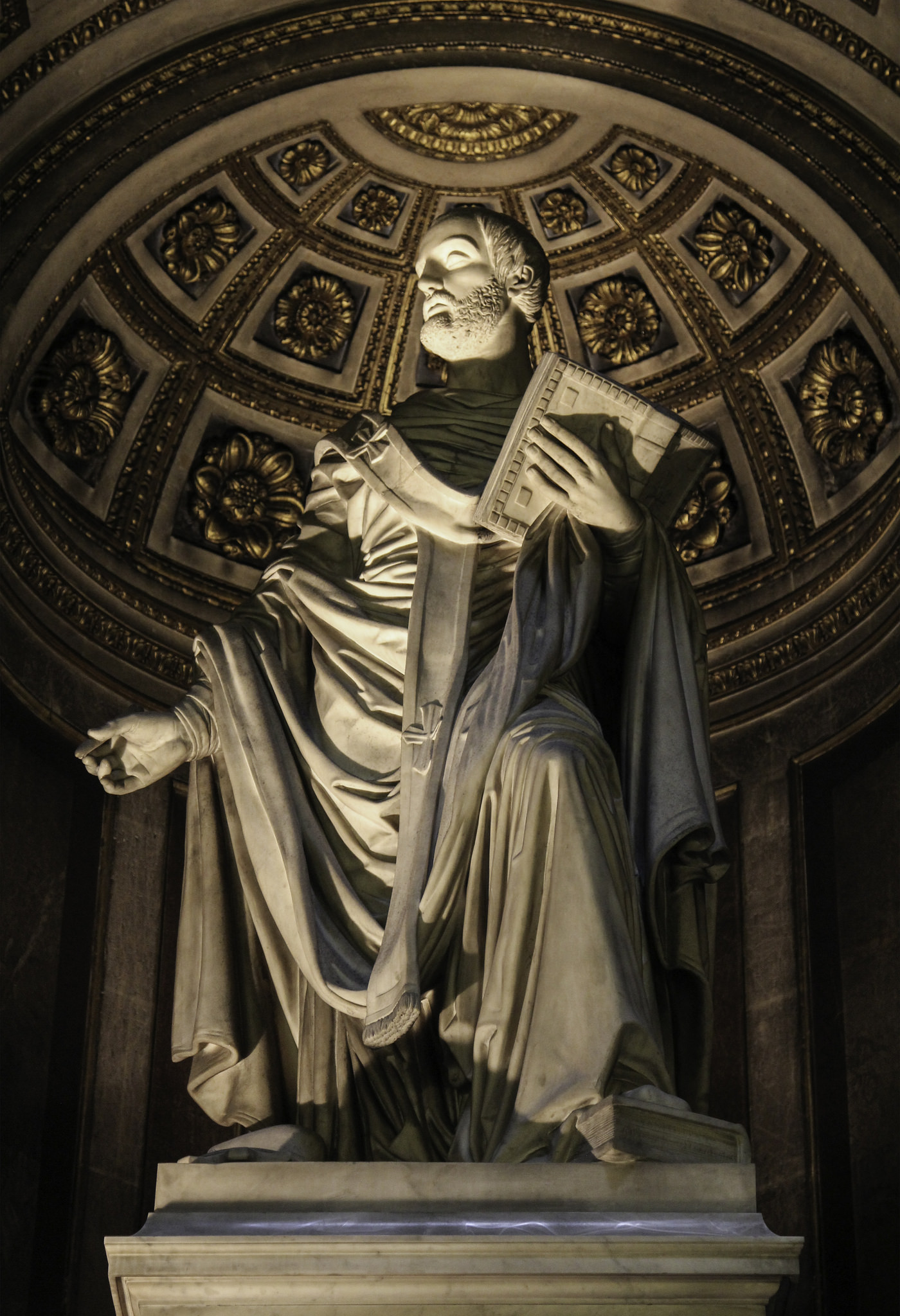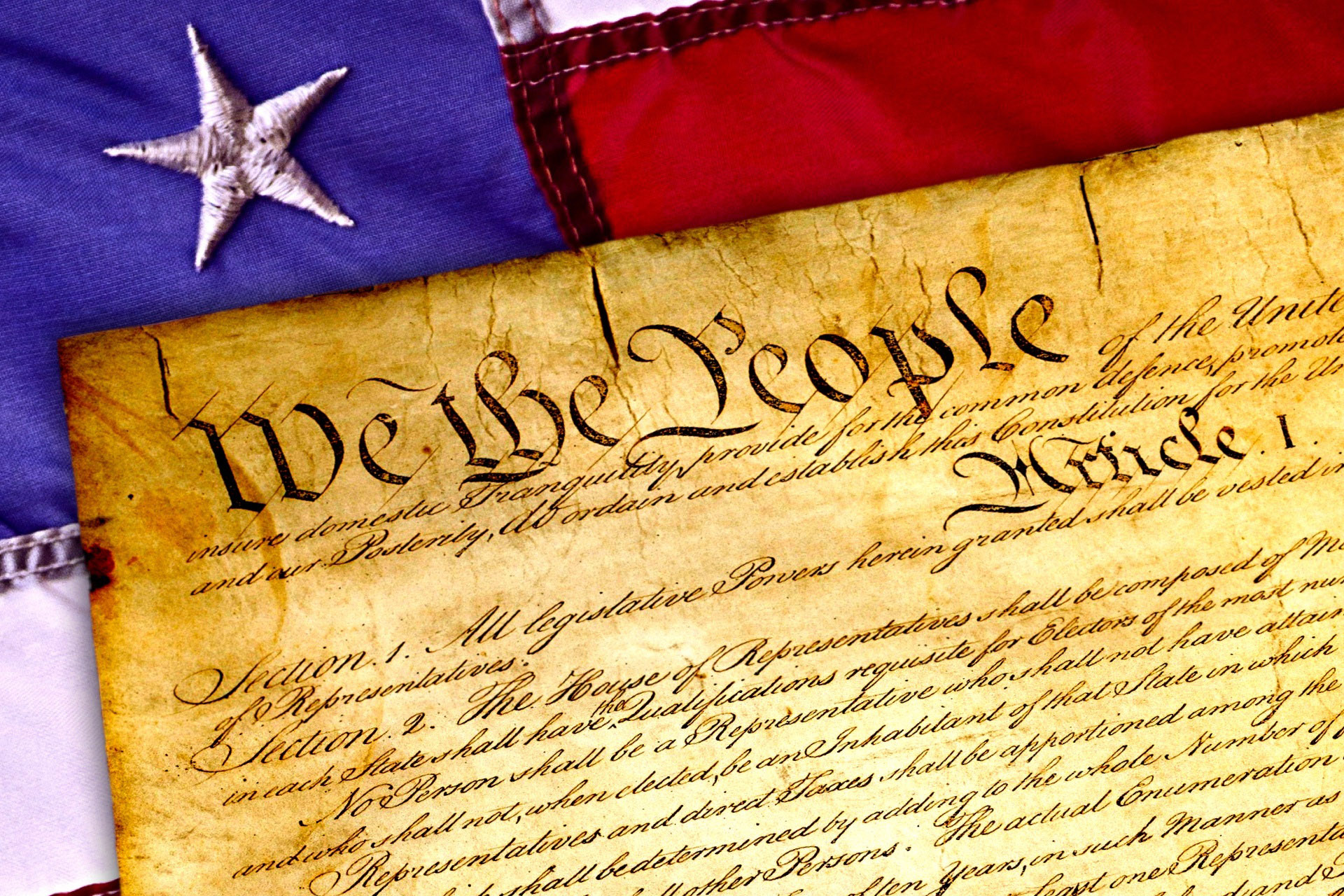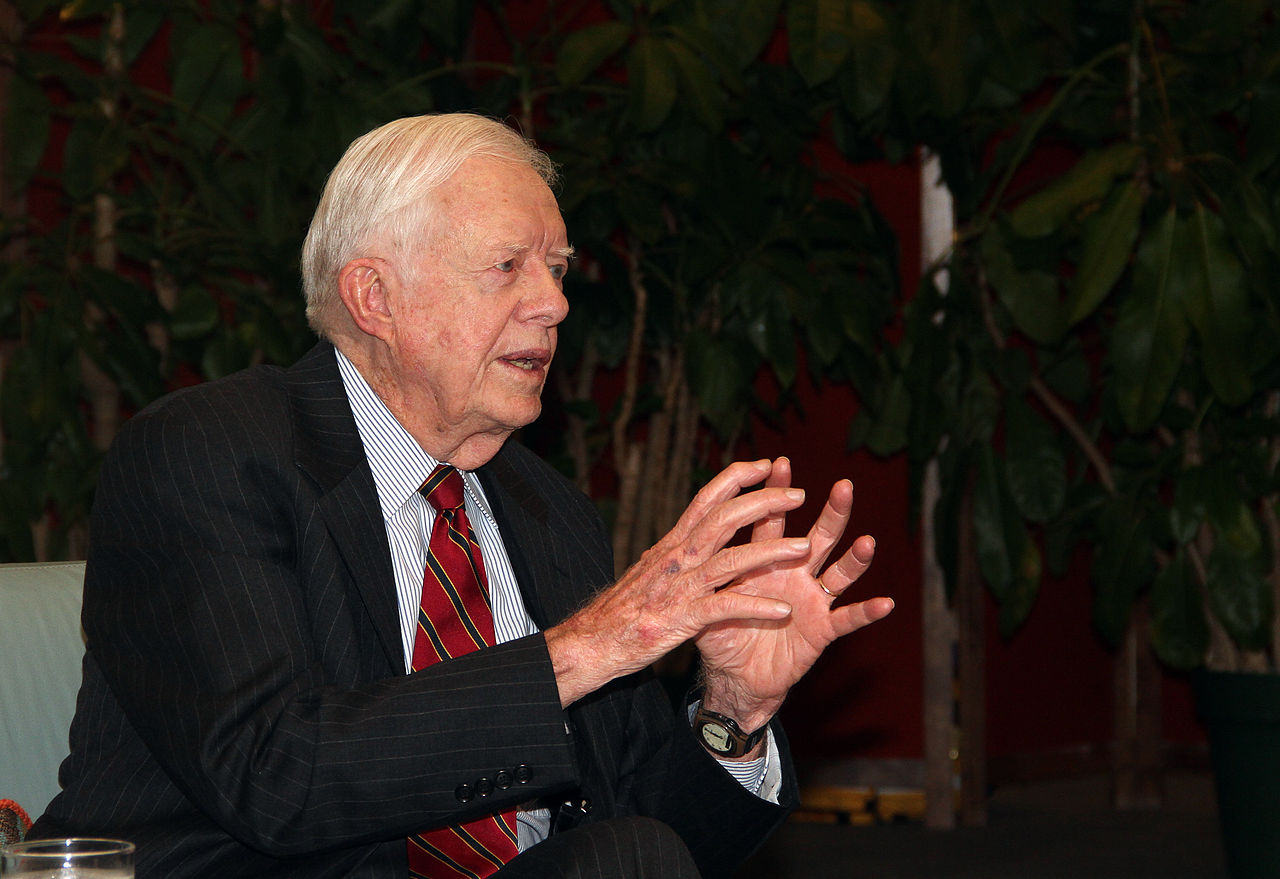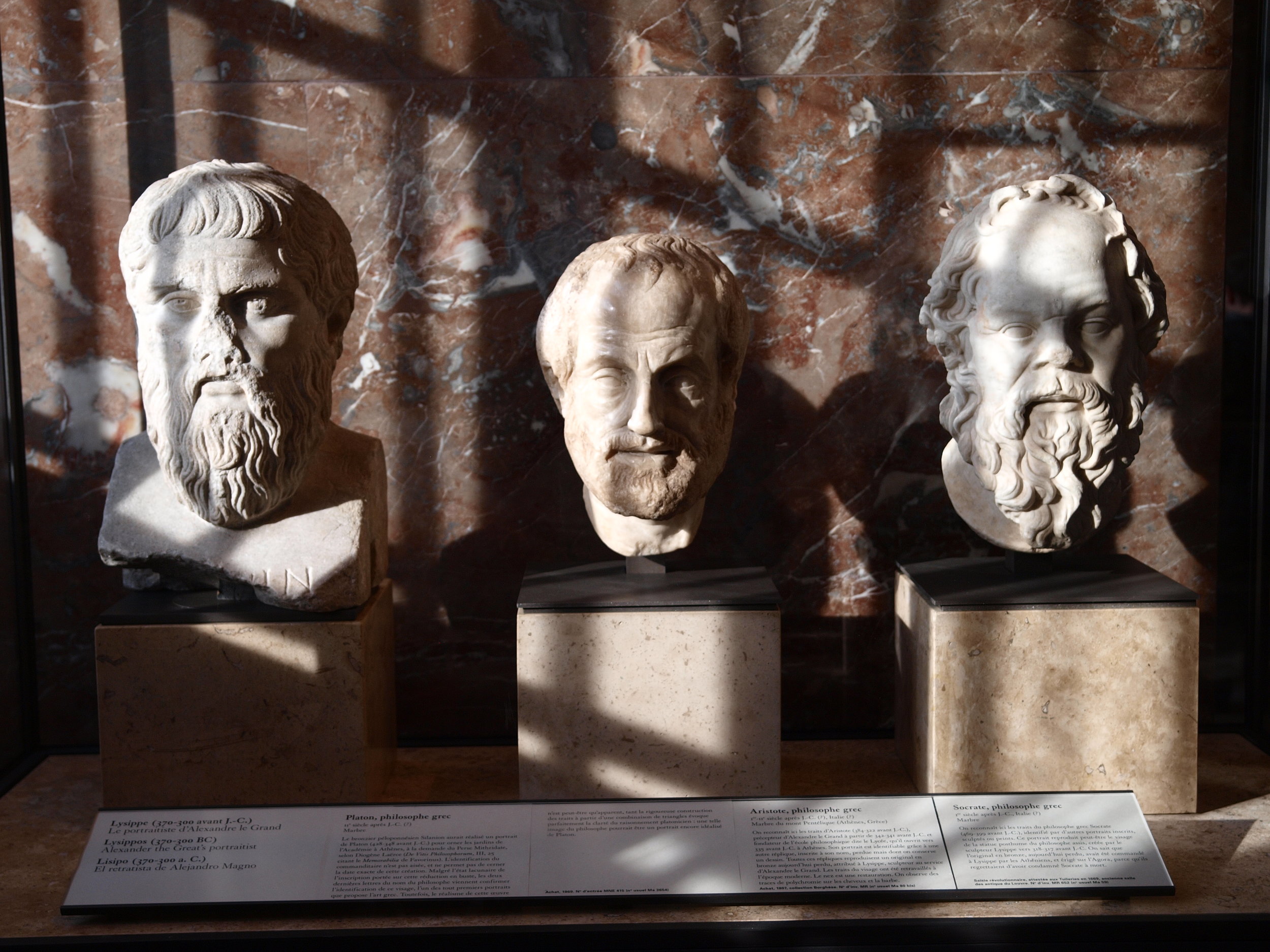Classroom Restorative Justice
Photo credit: Yvonne Perkins | CC2.0, Flickr.
Introduction
These resources explore moral and ethical challenges related to education, mostly in the context of the U.S. We explore these challenges in light of God’s creation order and God’s vision for relationships between human beings, and also between human beings and the created world.
Messages and Resources on Christian Restorative Justice in Education
Welcoming the New Kid: A Christian Study and Action Guide to the Opportunity Gap in Public Education
A small group discussion guide to a few major issues in public schooling, and how church communities can partner with local schools. Topics include: school financing; residential segregation; whether charter schools should be able to fire students; the school-to-prison pipeline; and the honoring of teachers.
Slides to a presentation summarizing the remarkable dignity that Christians perceived in children, who had no inherent dignity or status in pagan Greco-Roman cultures. This impacted views on infanticide, abortion, social welfare, and education. Based on outstanding research by O.M. Bakke, When Children Became People: The Birth of Childhood in Early Christianity.
Christian Restorative Justice: Beyond Charity - God's Restorative Justice for Children and Families
Slides to a presentation glancing at how Christians have historically supported children and their livelihood and development, such as for literacy and against child labor abuse.
Sangwon Yang and Mako Nagasawa, The Myth of Meritocracy in Schooling, Part 1
The Anastasis Center Blog, Nov 12, 2018. A 10 minute read. This post highlights the impact of resource inequality on educational outcomes and student experience. As background, see also the two posts about racial segregation in housing: The Myth of Meritocracy in Housing, Part 1 (blog, Nov 3, 2018), and The Myth of Meritocracy in Housing, Part 2 (blog, Nov 5, 2018)
Sangwon Yang and Mako Nagasawa, The Myth of Meritocracy in Schooling, Part 2
The Anastasis Center Blog, Nov 19, 2018. A 10 minute read. This post highlights the impact of resource inequality and racial-cultural dynamics on disciplinary outcomes and student experience.
Other Resources on Classroom Restorative Justice
Restorative Justice New York City (website)
Just Circles (website)
International Institute for Restorative Practices (website)
Lorraine Stutzman Amstutz and Judy H. Mullet, The Little Book of Restorative Discipline for Schools: Teaching Responsibility; Creating Caring Climates (The Little Books of Justice and Peacebuilding Series). Good Books | Amazon page, Nov 2005.
Michael D. Sumner, Carol J. Silverman, Mary Louise Frampton, School-Based Restorative Justice As An Alternative to Zero-Tolerance Policies: Lessons from West Oakland. UC Berkeley School of Law, Henderson Center, Oct 2010.
Cassidy Friedman, Restorative Justice Takes on West Oakland Schools. New American Media video, Mar 24, 2011.
Fairfax County Schools, Restorative Justice at Mountain View Alternative School, Fairfax County, VA. Fairfax County Schools, Feb 29, 2012.
Patricia Leigh Brown, Program Helps Students Talk Their Way Out of Trouble. New York Times, Apr 4, 2013.
The Marshall Project, The School to Prison Pipeline. The Marshall Project | AJ+, May 18, 2015.
Dominique Smith, Douglas Fisher, and Nancy Frey, Better Than Carrots or Sticks Restorative Practices for Positive Classroom Management. ASCD | Amazon page, Aug 2015.
Beth Hawkins, The Power of Restorative Justice in the Classroom. U.S. News, Apr 8, 2016.
Boston Teachers’ Union, What Are Restorative Justice Practices? Boston Teachers’ Union, Aug 2017. A brochure with a good introduction and lots of resources
Susan Dominus, An Effective but Exhausting Alternative to High-School Suspensions. New York Times, Sep 11, 2016.
Katherine Evans and Dorothy Vaandering, The Little Book of Restorative Justice in Education: Fostering Responsibility, Healing, and Hope in Schools. Good Books | Amazon page, Sep 20, 2016.
Ted Wachtel, Defining Restorative. International Institute for Restorative Practices, Nov 2016.
Greg Ogilvie and David Fuller, Restorative Justice Pedagogy in the ESL Classroom: Creating a Caring Environment to Support Refugee Students. TESL Canada Journal, 2016. A touching response to Syrian refugee children.
Fania E. Davis, The Little Book of Race and Restorative Justice: Black Lives, Healing, and US Social Transformation. Good Books | Amazon page, Apr 16, 2019.
Jacquelyn Melinek, Chapel Hill Students Could Have Been Suspended. Instead They Cleaned Up and Apologized. The News & Observer, Jun 11, 2019.
Tanzina Vega, Students Organizers in Florida Want School Resource Officers Replaced with Restorative Justice. NPR, Feb 15, 2021.
Oakland Unified School District, Restorative Justice. Oakland Unified School District, June 23, 2021. Includes helpful links, including Restorative and Racial Justice. OUSD.
Los Angeles Unified School District, Restorative Justice. LAUSD Educational Equity Compliance Office.
Christian Restorative Justice and Criminal Justice: Topics:
This section on Criminal Justice highlights the biblical, church historical, and practical importance of Christian restorative justice. We examine Restorative Justice in its Christian and secular forms, as well as efforts to apply Classroom Restorative Justice to address the school-to-prison pipeline. We also maintain awareness of Human Trafficking and Drug Policy because of the moral and political importance of these policies. Crime Stats highlights the facts and political uses of statistics. Police Oversight tracks proposed and implemented forms of public governance over the police. Policing lists resources on the police abuse of the public trust. Prosecutors lists resources on the role of prosecutors in the legal system and the discretion they have. Sentencing and Prisons highlight moral problems with jury selection, sentencing disparities, prison conditions, conduct in the correctional systems, and the political placement and funding of prisons to benefit mostly white districts. Reintegration examines the moral imperative of assisting returning citizens.
Related pages include: Racism and Criminal Justice for how racism has impacted criminal justice historically in the U.S.; Race and Slavery for an examination of the Trans-Atlantic Slave Trade; Sex Industry for attempts at legalizing aspects of the sex trade.
Christian Restorative Justice and Education: Topics:
This section on Education examines the challenges and promise of good Public K-12 schools, while tracking Race and School Inequalities and Race and School Redistricting. Charter Schools and Voucher Programs examine alternative models of schooling, especially tracking their moral or programmatic failures. Classroom Restorative Justice highlights examples of the successes and costs of implementing restorative justice in schools, as one way to dismantle the School-to-Prison Pipeline. Colleges examines the socio-economic role of higher education both private and public, while Student Loan Debt spotlights the rising cost to people of that endeavor. Apprenticeships explore models of workplace learning.


